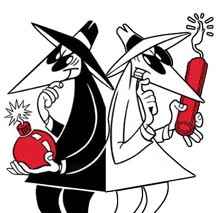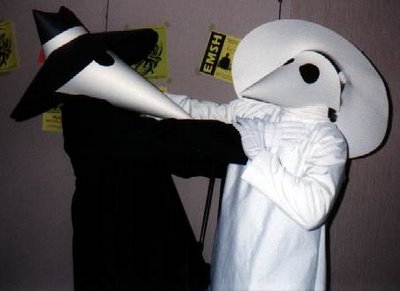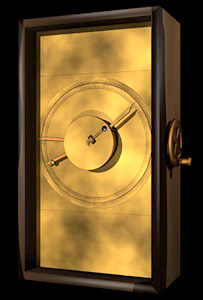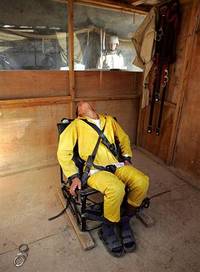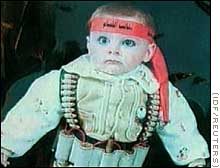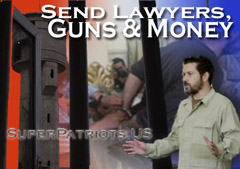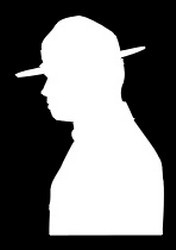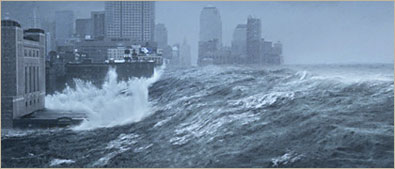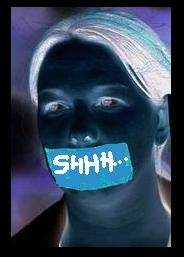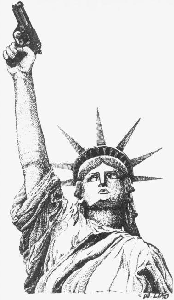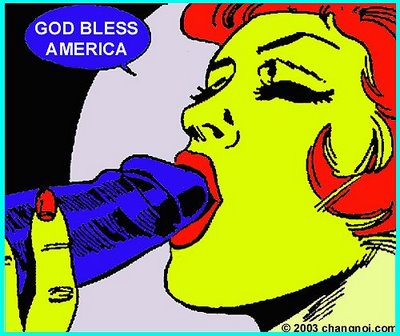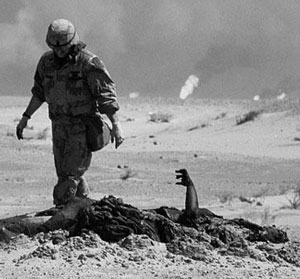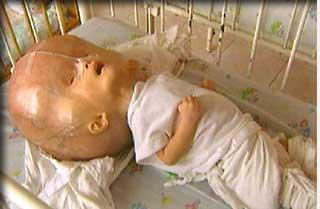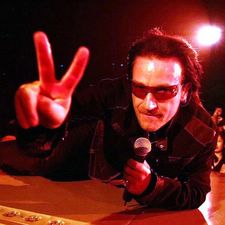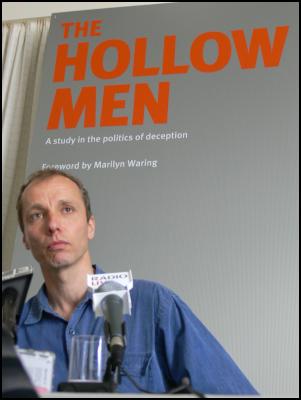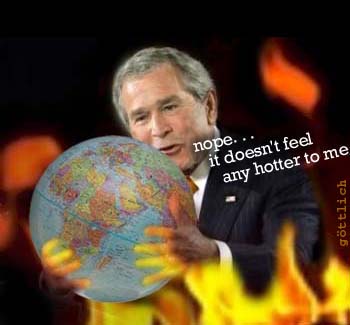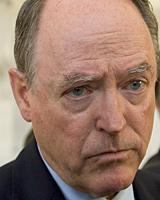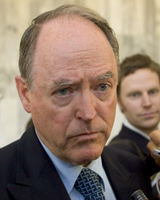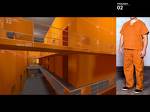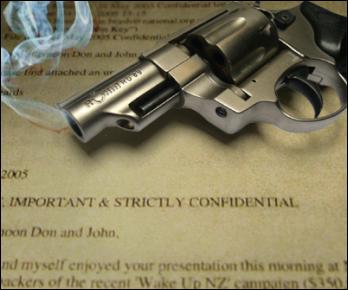
The gems within The Hollow Men are going to take months to fully digest, but the one thing that shines clearly is the level of deception National seem to hold deep in their heart. We know Labour is tight with the Unions, such a teaming up is a response to unchecked capitalism – but it is a response that is very clearly on the table – the connections are transparent – however National’s approach seems at it’s base totally un-democratic. Allowing those who would financially benefit from a Rogernomics 3 coup and hide those associations is an antithesis to the one person one vote democratic principle. Critics have either attacked Hager personally, or they say ‘so what, Politicians lie’ – but that doesn’t seem to justify what we see in Hager’s book. The very conscious Machiavellian nature of National with verbalized plans in case these ones are ever found out speaks of a deeper problem within National, this is corruption. Misapplying election spending rules (which every party save one did) and have them ruled out and being forced to pay the money back is embarrassing but what Hager has exposed goes much deeper and to have National Party supporters and conservative media pundits attempt to gloss over this without intense scrutiny is a disservice to their intellect and the Political party they claim represents them.
This from the
Herald...Nicky Hager's controversial new book The Hollow Men digs into the mire of New Zealand party politics, uncovering how National party spin doctors brought Don Brash within a whisker of becoming prime minister.
Here are some of its highlights: Chapter 1The Path of Principle Summary:Lists the National Party's contacts with the elusive Exclusive Brethren and the knowledge leader Don Brash had of their advertising campaigns.
Reddest Faces:An email from Brash's chief of staff Richard Long to Brash, Gerry Brownlee and other MPs in April 2005 stated the Brethren had "agreed today to publicly take ownership of the (advertising) campaign, to avoid conspiracy theories and to prevent the finger being pointed at us". In May, an email from Exclusive Brethren organiser Ron Hickmott to Brash and John Key talks about spending $1m to get party votes for National. "Our campaign (a total of seven nationally distributed flyers) is direct and simple: - It creates and demonstrates MISTRUST in the current Government. It builds TRUST in a DON BRASH led National Government." Brash later denies knowing who produced the flyers.
Hager says: "When Don Brash said 'I am not a liar' on national television... the ghost of Richard I-am-not-a-crook Nixon must have been looking on approvingly."
Chapter 2Backing Brash Summary:Details the members of the far right who helped bring Brash to power, including Roger Douglas, Michael Bassett, Brian Nicolle, Catherine Judd, Diane Foreman and Matthew Hooton.
Reddest face:"Independent" commentator Bassett sends his pro-Brash Dominion newspaper column to Brash the night before publication and next day writes the aspiring National leader a five-page campaign plan, ending each section with a cheery "Good Luck".
Hager says: "The people who had rushed to help Brash win the leadership were not doing it to replace one centrist... leader with another. What had gone on was not so much a leadership coup as a political coup..."
Chapter 3The Grand Plan Summary:The Machiavellian prowess of the strategists, advisers and media managers who used deception as a political tool.
Reddest faces:Spin doctor Peter Keenan advises Brash to hide unpopular party policy, especially privatisation, and a plan to raise the age of superannuation. Brash writes: "I am more than happy to debate that, and in particular whether it would be better to lie!" Keenan replies: "I am not concerned about the stance on superannuation, just the fact of it being deeply unpopular... I am not suggesting a need to lie... we just need a more nuanced way of talking about super issues."
Hager says: "Keenan was aware that most New Zealanders would not support the kind of free market beliefs that took Brash into politics... the solution was to tell the public what they wanted to hear but not necessarily reveal plans with which they would not agree."
Chapter 4Repackaging the Leader Summary:How Brash, the free market advocate with a social conscience, was repackaged as a centrist, socially conservative, politician.
Reddest faces:Brash writes to colleagues of alleged terrorist Ahmed Zaoui: "I am absolutely appalled at the way it has been handled. I think the evidence that (he) is a security risk is extremely flimsy." Long advises him to ditch the issue.
Hager says: "National's spin doctors were in effect making a man of spin. They stripped him of the things that made him a political liability but also of the things that made him authentic."
Chapter 5The 'Big Splash' at Orewa Summary:How Brash changed from being proud of Maori self-management in education, health and social policy to attacking these Maori services as being "separatist" at Orewa.
Reddest faces:Keenan, who helped draft the Orewa speech, later admits he hates "the race-based privilege" slogan as he thought it was "ludicrous when Maori are largely at the bottom of the heap".
Hager says: "But Brash was not a racist. The speech marks his descent into unprincipled politics because of the motives and political calculation that lay behind the decision to make that sort of speech at that time."
Chapter 8Excruciating compromise Summary:Hager sketches out the policy compromises National made - and Brash accepted - to make the party more palatable for voters.
Reddest face:Bryan Sinclair, adviser, formulates National's election strategy: "You need to be soft, sloppy, and wet - i.e. open up the cheque book, as excruciating as it will feel. Soft centre voters are inherently self-interested and will vote according to what they can get out of you."
Hager says: "National's all-male campaign team had never come to grips with the fact that many women did not like their more divisive and right-wing policies."
Chapter 9 Trouble with women Summary:Orewa II in January 2005 was to be Brash's sequel to the One Law for All speech which lifted National in the polls. Instead, Brash used a speech Michael Bassett used for an ACT conference as the basis of a hardline welfare stance that caused a rift then the loss of then welfare spokeswoman Katherine Rich.
Reddest faces:Bill English writes to Brash: "Competence matters more than spin in government. You need to know now that the experienced people you have will NOT work in a government run by McCully. I and others will not tolerate him exercising the same influence he does now."
Hager says: "(Brash) gave the (welfare) job to an MP called Judith Collins, whose views on welfare would have fitted comfortably into (ACT)."
Chapter 10The Manipulators Summary:National turns to Australian campaign strategists Lynton Crosby and Mark Textor for its 2005 campaign. Crosby and Textor became a major part of National's campaign. They specialise in emotive issues like immigration, law and order, and asylum seekers.
Reddest faces:Richard Long emails Brash, who had met Crosby and had a strategy session, warning of media interest. "Steven (Joyce, campaign manager) was asked if you had met Crosby. Steven said he didn't recall and they would need to ask you. You'd better say, if caught, that you met him a few times in passing while he was over here polling."
Hager says: "... a party like National can become government without deception and manipulation: it can sort out its philosophical foundations and present a set of policies that both the politicians and public can believe in."
Chapter 11The Hollow Men Summary:How the anti-PC campaign was designed to paper over thin policy work.
Hager says: "There was and still is a curious policy vacuum in the National Party."
Chapter 12Iwi/Kiwi Summary:National latches on to advertising man John Ansell, paid $5000 a month from the parliamentary office budget, who devises the party's clever billboards.
Biggest hit:In an email to Brash, Ansell writes: "Winning elections is easy. All you have to do is say the right thing, in the right way, at the right time."
Hager says: "A party could become government not because of its policies or candidates, but purely because it had the cleverest advertising people and the biggest budget."
Chapter 15Thank you very much for your kind donation Summary:Brash and other senior MPs knew who National Party donors were - contrary to denials. Also, Nelson fishing magnates the Talley's brothers Peter and Michael offer $1m if Brash agrees to secretly hiring private political consultants to advise him without the knowledge of caucus.
Reddest face:Having heard the Talley's proposal, Brash writes: "They are saying they that they can find a million dollars to encourage us to do certain things."
Hager says: "National Party members must ask themselves whether they want wealthy special interest groups exerting so much influence over their party."
Chapter 16As good as won Summary:The election campaign, and how the media were manipulated.
Reddest face:Richard Long on Paul Holmes' "cooperation". "Paul Holmes wanted to get Julian (Robertson, US backer) on but I said we would prefer to downplay that side of it and upplay our statement of today about concentrating on issues and policy rollout. Paul accepted that."
Hager says: "No one understands what makes polls move up and down... but there is little doubt that the moment a week before voting day when Brash was revealed as slippery and untruthful over his Exclusive Brethren links was the moment National lost the election."



